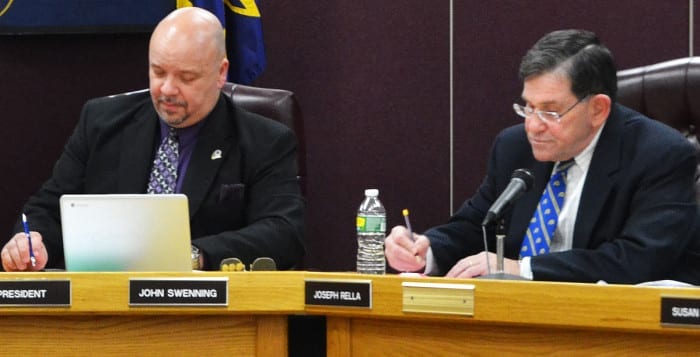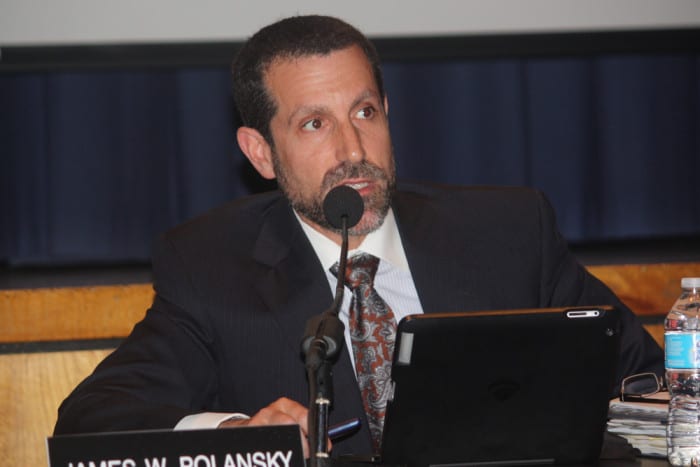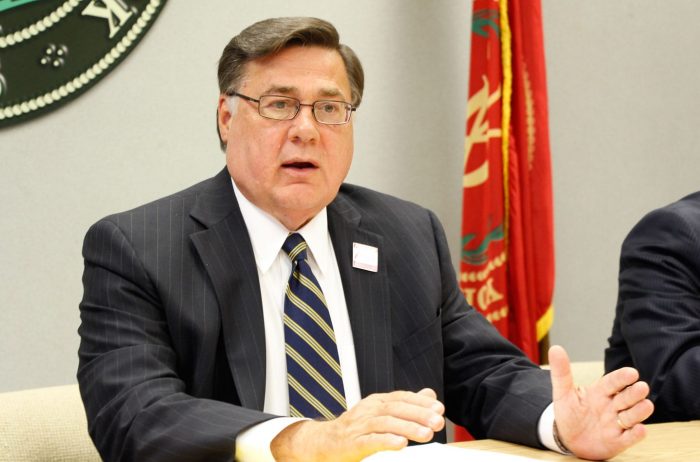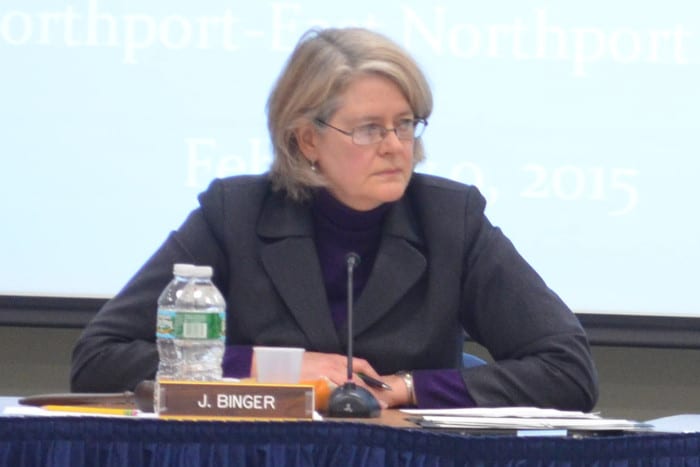The Comsewogue School District is in strong financial shape, but as has been the case in recent years, their outlook could be stronger. Superintendent Joe Rella presented a 2017-18 budget draft during a February board of education meeting that would be an increase of 2.9 percent more than the current year’s budget and would maintain all existing academic programs.
The $89,796,337 budget first draft was constructed based on the district receiving nearly $500,000 less in foundation aid than they expected after New York State Gov. Andrew Cuomo (D) proposed an adjustment to the formula, used to calculate how much districts receive from the state, which was established in 2007.
According to the activist coalition Alliance for Quality Education, the formula was put in place in response to the Campaign for Fiscal Equity lawsuit resolution, which ensured $5.5 billion would be committed to mostly high-need school districts in 2007, and was supposed to take effect over the course of four years. The decision was reached 14 years after the initial lawsuit in 1993. It eventually reached the New York State Court of Appeals, which ruled high-need districts were being neglected. The money still has not been fully
phased in.
A summary in Rella’s budget presentation said the district is disappointed in the decision to change the formula.
“The district lost out on $462,000 that would have helped lead to stronger educational programs for our students,” the summary said. “The foundation aid formula change is unacceptable…we are going to be forced to reduce services if we do not see additional state aid.”
Rella was vocal in his opposition of the Gap Elimination Adjustment, which was enacted seven years ago in an effort to close a state budget deficit by deducting funds from each school district’s state aid allotment. The aid deducted by the adjustment was fully restored to districts last year.
In total, Comsewogue will receive nearly $31 million in funding from the state for the upcoming school year. About $55 million in revenue will come from property taxes, which is 2.7 percent more than the 2016-17 school year. The increase won’t require a cap-piercing vote because the district did a fund transfer for several capital improvement projects, which are exempt from impacting the tax levy increase cap because the money was taxed previously.
Some of the capital improvement projects slated for the upcoming school year include asphalt replacement at the high school, a new roof at Terryville Road Elementary School and upgrades to the turf on the high school field.
Assistant superintendent for business Susan Casali said the district is also budgeting to increase their reserves.
“I think financially we’re very sound,” Casali said in a phone interview. She added enrollment is increasing by about two percent for 2017-18, which is a positive sign for financial considerations going forward.
Casali attributed a large chunk of the $2,559,120 increase compared to the current year’s budget to the expiration of the district’s transportation contract. A new agreement will be reached after the contract is put out for bid.
According to Rella, the district also plans to expand on a pilot consortium program, which began in 2016-17, where two ninth-grade classes were exposed to a project- and inquiry-based curriculum, alternative to typical Regents classes, to create a deeper understanding for several subjects. Casali predicted the expansion will require the hiring of at least one more full-time teacher.
The final budget discussion is scheduled to take place March 30 before the board can adopt it April 3. A budget hearing will be held for the public May 2 and the vote is May 16.








